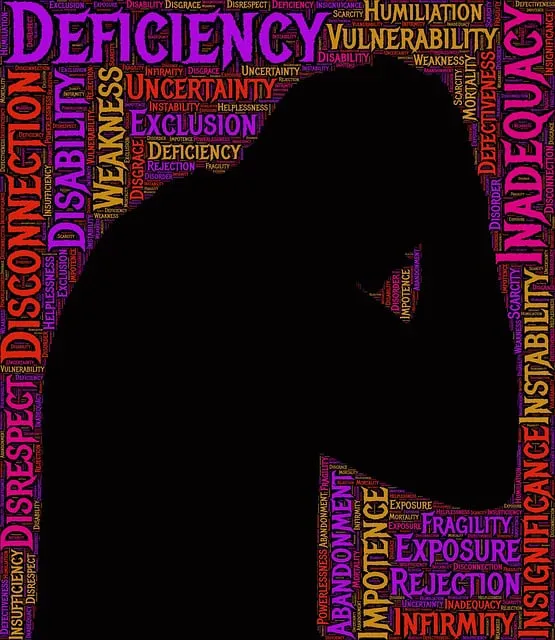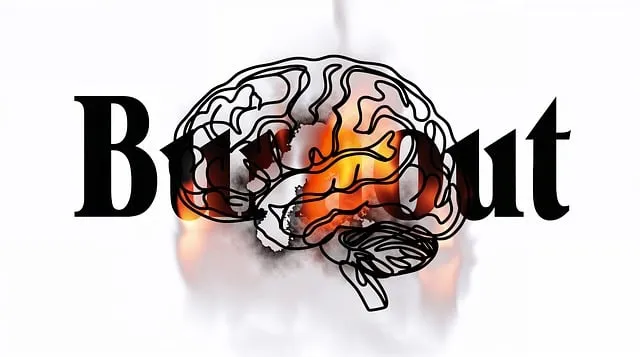The Longmont Kaiser Permanente mental health center prioritizes risk assessment as a core competency, as evidenced by its positive reviews. By conducting comprehensive risk evaluations, the center identifies and mitigates potential dangers to clients and staff, ensuring safety and enhancing care quality. Their approach includes policy analysis, staff training in stress reduction, structured risk planning, and clinical interviews, combining with cultural competency training for accurate, tailored assessments and improved treatment outcomes, as reflected in its reviews.
In the demanding field of mental health, risk assessment is a cornerstone for professionals ensuring patient safety. This article explores this critical process, focusing on the essential role it plays in managing potential risks. We delve into the strategies and tools used by leading facilities, such as the Longmont Kaiser Permanente Mental Health Center, renowned for its comprehensive risk management approach. Discover how these methods not only safeguard patients but also enhance clinical practice, as evidenced by favorable center reviews.
- Understanding Risk Assessment: A Cornerstone for Mental Health Professionals
- The Role of Longmont Kaiser Permanente Mental Health Center in Risk Management
- Strategies and Tools for Conducting Comprehensive Risk Assessments
Understanding Risk Assessment: A Cornerstone for Mental Health Professionals

Risk assessment is a fundamental skill for mental health professionals at the Longmont Kaiser Permanente mental health center and beyond. It involves meticulously evaluating and interpreting factors that could pose potential risks to both clients and practitioners. By understanding and implementing robust risk assessment techniques, such as those employed at the Longmont Kaiser Permanente mental health center reviews, professionals can ensure they are adequately prepared to manage and mitigate various threats.
This process goes beyond simply identifying dangers; it empowers mental health experts in employing effective Emotional Well-being Promotion Techniques, fostering Inner Strength Development, and teaching clients valuable Emotional Regulation skills. Such proactive measures not only contribute to the safety of those seeking help but also enhance the overall quality of care provided at facilities like Longmont Kaiser Permanente.
The Role of Longmont Kaiser Permanente Mental Health Center in Risk Management

The Longmont Kaiser Permanente Mental Health Center plays a pivotal role in managing risks within the mental health care sector. By integrating robust risk management strategies, the center ensures a safe and supportive environment for both patients and healthcare providers. Their comprehensive approach includes regular policy analysis and advocacy, reflecting a commitment to staying abreast of the latest developments in mental health care. This proactive stance aligns with the broader goals of Mental Health Policy Analysis and Advocacy, fostering a culture of continuous improvement.
In addition to these measures, Longmont Kaiser Permanente offers staff training on stress reduction methods, recognizing that healthcare professionals face unique challenges. Such initiatives contribute to a resilient work environment, mitigating potential risks associated with burnout and occupational stress. Their structured Risk Management Planning for Mental Health Professionals not only safeguards against unforeseen incidents but also underscores the facility’s dedication to maintaining optimal patient care standards.
Strategies and Tools for Conducting Comprehensive Risk Assessments

Comprehensive risk assessments are a cornerstone for mental health professionals at Longmont Kaiser Permanente mental health center, as they ensure patient safety and guide effective treatment planning. These assessments go beyond surface-level evaluations by employing validated tools and strategies that capture nuanced factors contributing to risk. This includes considering not only individual patient history but also contextual elements such as social support networks, access to care, and environmental stressors—aspects often highlighted in Crisis Intervention Guidance and Mental Illness Stigma Reduction Efforts.
Professionals at the Longmont Kaiser Permanente mental health center reviews integrate diverse assessment methods, including clinical interviews, standardized questionnaires, and risk prediction models, to gain a holistic view of each patient’s situation. This multi-faceted approach is further enriched by Healthcare Provider Cultural Competency Training, empowering staff to recognize and address cultural biases that may impact assessment accuracy and treatment outcomes. By adopting these rigorous strategies, the center ensures a proactive and individualized approach to managing risk, ultimately fostering safer and more supportive care environments for all patients.
Mental health professionals play a critical role in safeguarding their clients’ well-being, making comprehensive risk assessment an indispensable tool. As highlighted by the practices at the Longmont Kaiser Permanente Mental Health Center, implementing robust risk management strategies can mitigate potential hazards and foster a safer environment for both patients and practitioners. By utilizing advanced tools and techniques, mental health professionals can conduct thorough risk assessments, identify vulnerabilities, and implement tailored interventions. Regular reviews of these processes, inspired by the innovative approaches at Longmont Kaiser Permanente mental health center reviews, are essential to staying ahead in addressing emerging challenges and ensuring optimal patient care.






